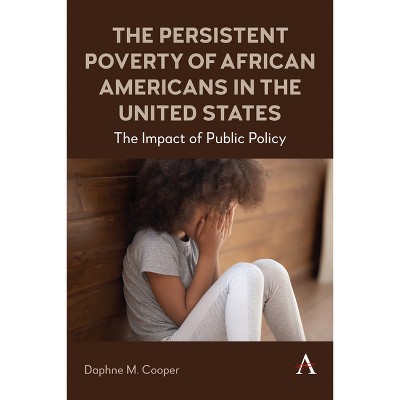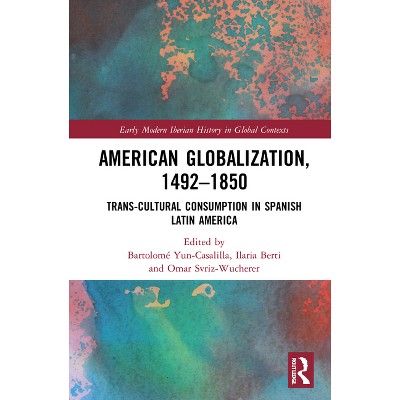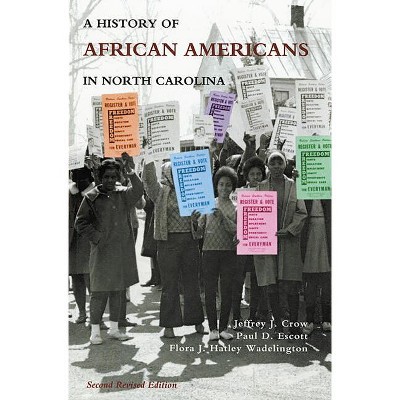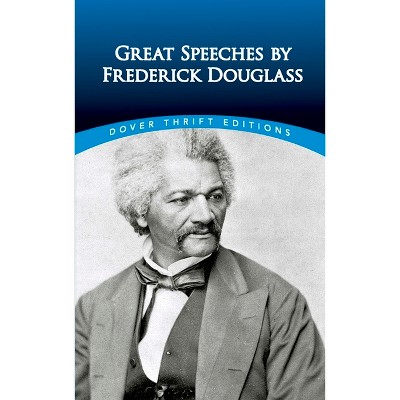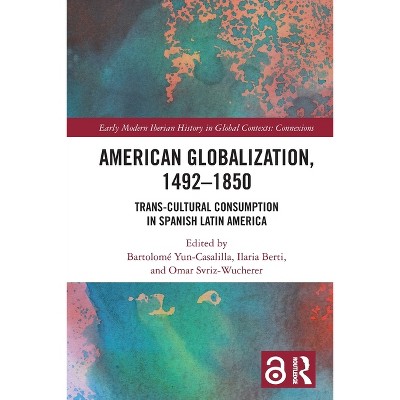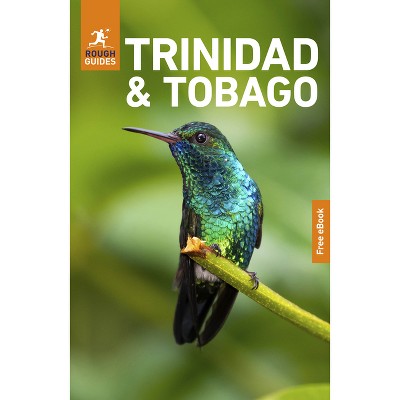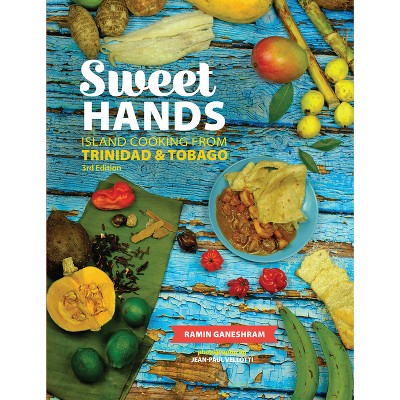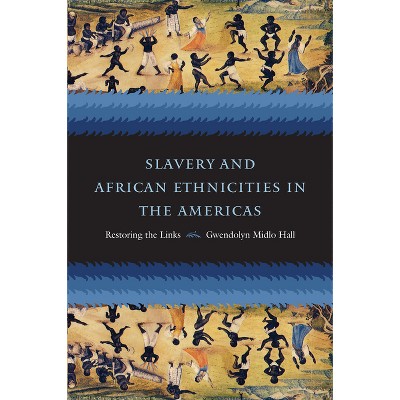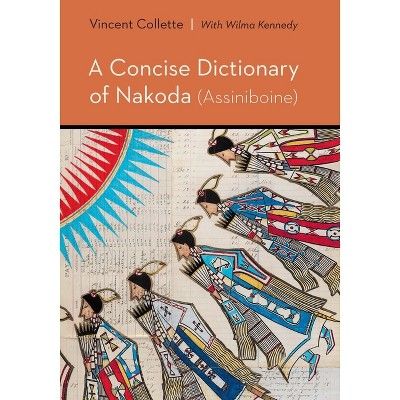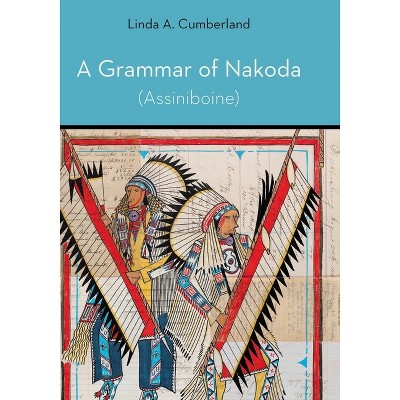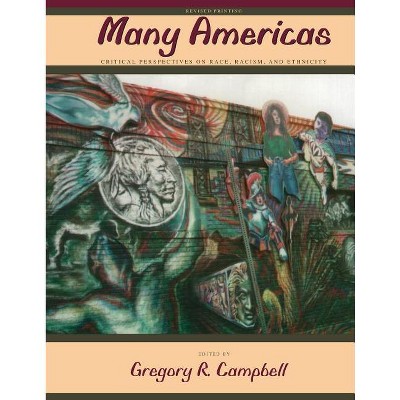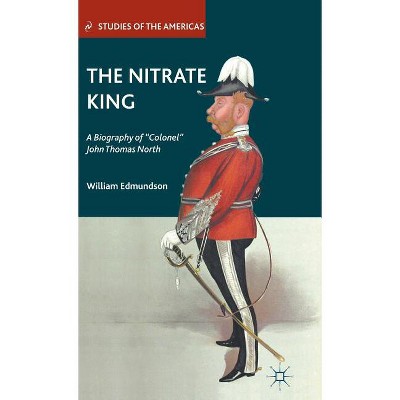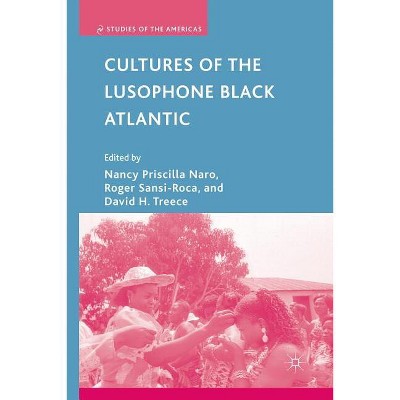Sponsored

Post-Colonial Trinidad - (Studies of the Americas) by C Clarke (Hardcover)
In Stock
Sponsored
About this item
Highlights
- Clarke and Clarke have created a journal that provides an ethnographic record of the East Indians and Creoles of San Fernando - and the entire sugar belt south of the town known as Naparima.
- About the Author: PROFESSOR COLIN CLARKE is Emeritus Professor of Geography at Oxford University and Emeritus Fellow of Jesus College, UK.
- 246 Pages
- Social Science, Ethnic Studies
- Series Name: Studies of the Americas
Description
Book Synopsis
Clarke and Clarke have created a journal that provides an ethnographic record of the East Indians and Creoles of San Fernando - and the entire sugar belt south of the town known as Naparima. They record socio-political relations during the second year of Trinidad s independence (1964), and provide first-hand evidence for the workings of a complex, plural society in which race, religion, and politics had become, and have remained, deeply intertwined. Entries occur whenever there is evidence of social scientific importance to the project, and these range from descriptions of weddings and pujas (prayer ceremonies devoted to a Hindu deity) to interviews with religious leaders, politicians and members of the south Trinidad elite.Review Quotes
'Post-Colonial Trinidad is a valuable addition to the ethnography of pre- and post-colonial Trinidad. . . The journal traces the evolution of the East Indian community from the time of its arrival in 1845 and the manner in which this community sought to reconstruct its life after the deconstruction occasioned by the trauma of departure from India . . . The great benefit of Post-Colonial Trinidad is that it clears up vast areas of darkness in the sociology of Caribbean Indianismé. It explains the antecedence of the Indo-Caribbean struggle to carve a space in the New World and gives a canvas against which current analyses can be made. The work is specific to Trinidad, but it closely relates to the situation in neighbouring Guyana and finds resonance in other mixed societies such as Mauritius and Fiji. It will remain relevant for a long time." - Journal of Latin American Studies
"This work is truly unique, both in terms of its focus and its location at the very beginnings ofa post-colonial Caribbean society. Although the journal was created almost fifty years ago, and much has changed, the central issues continue to inform theory and practical politics. The journal itself is well written and lively, and full of rich ethnographic detail." - B.W. Higman, Australian National University
About the Author
PROFESSOR COLIN CLARKE is Emeritus Professor of Geography at Oxford University and Emeritus Fellow of Jesus College, UK. GILLIAN CLARKE has taught in secondary schools on Merseyside and in the Oxford-London region, and her final post was as Head of German and Head of Careers at Wycombe Abbey School, a leading academic girls' school.
